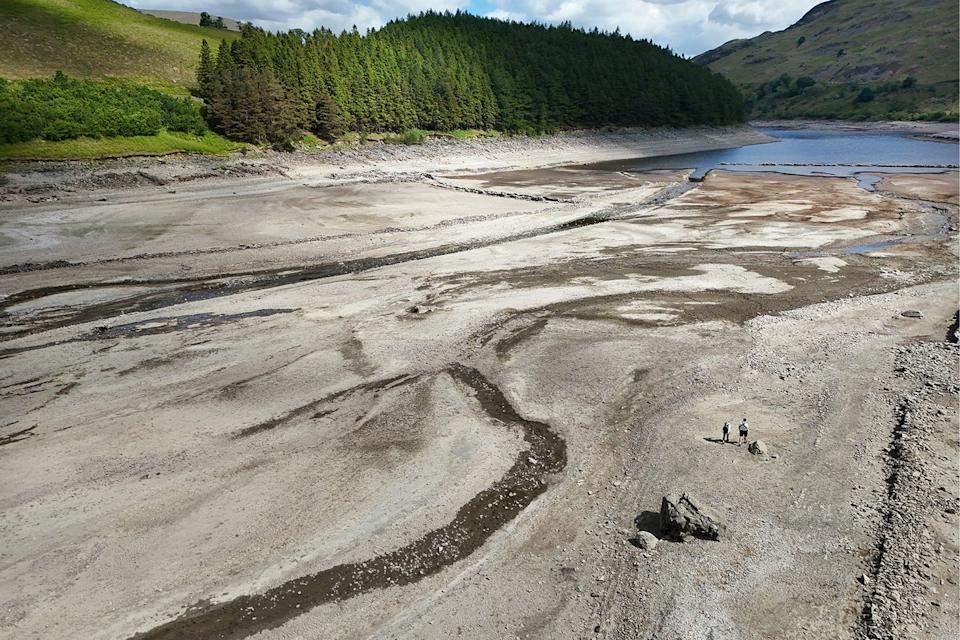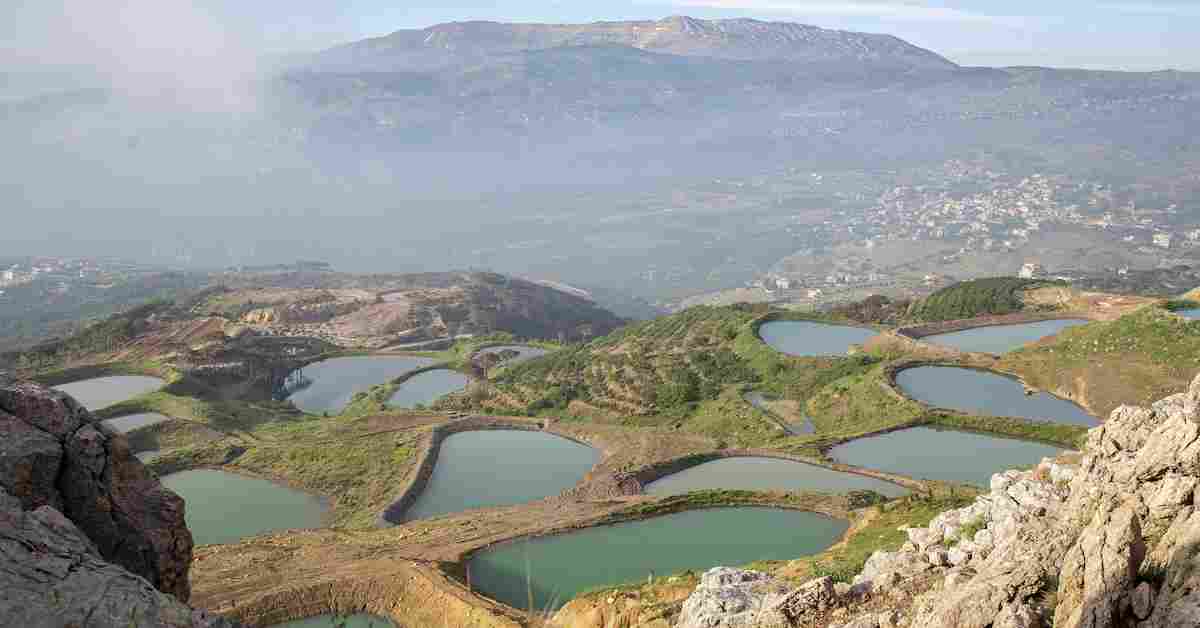
Tokyo, Japan (Enmaeya News) — A new study shows climate change has caused radical shifts in the Earth system, including continental drought rates and the global water cycle. Record global warming and widespread groundwater depletion have significantly dried out continents over the past 22 years.
Published in Science Advances, the study revealed that continents have lost so much water since 2002 that this loss has surpassed that of ice sheets as a major contributor to global sea level rise. Researchers found that roughly 70% of this loss stems from unregulated groundwater extraction, which removes water from deep aquifers and eventually transfers it to the oceans.
The study said continental drought now affects most countries and populations worldwide. Nearly 75% of the global population lives in 101 countries that have lost almost all their freshwater since 2002. As already dry regions experience worsening drought and surface water reserves decline in rivers and lakes, communities increasingly rely on groundwater, which is also critically diminishing.
This growing dependence is depleting aquifers long-term, a problem compounded by global gaps in groundwater management. The study warned that these patterns threaten water availability, sustainable management, livelihoods, and food security. Scarcity also drives climate-related migration and cross-border conflicts, both within and between countries.
Consequences of global groundwater depletion include reduced irrigation water, threats to agricultural productivity and food security, decreased climate adaptability, and diminished resilience to drought. It also affects growth in desert cities, reduces biodiversity, and damages ecosystems dependent on groundwater.
The study highlighted that the most serious impact of global groundwater loss is the long-term rise in average sea levels, as freshwater lost from continents and ice sheets eventually increases ocean mass.
Researchers identified “megadrought regions,” all in the Northern Hemisphere, including large areas of northern Canada and northern Russia, as well as regions in southwestern North America and Central America. Other affected areas stretch from North Africa to Europe, across the Middle East and Central Asia, to northern China and Southeast Asia, and eastern and western sub-Saharan Africa.
Jay Famiglietti, co-author and professor at the School of Sustainability at Arizona State University, said, “There are very few places that are not experiencing drought. I’ve been monitoring the situation for 20 years, and it has worsened.” He noted that megadrought regions often coincide with areas of large groundwater reserves exploited for decades.
Famiglietti cited the North China Plain, northwestern India, and California’s Central Valley as examples of regions that have lost massive amounts of water due to human activity and evaporation, which then flows into oceans, raising sea levels.
He added that groundwater depletion is irreversible but said modifying usage patterns, such as ending flood irrigation and reducing water waste, could make a tangible difference. Measures to mitigate climate change could also help.
Hrishikesh A. Chandanpurkar, lead researcher and Earth system scientist at Arizona State University, said, “The implications are far-reaching. Groundwater management must be reconsidered with high-level planning and preparedness.”






